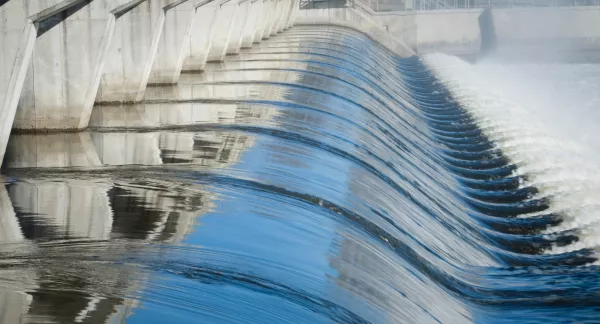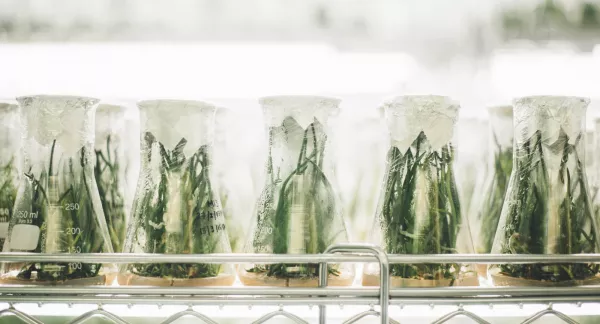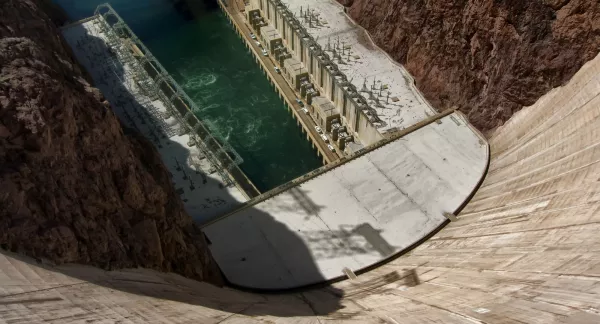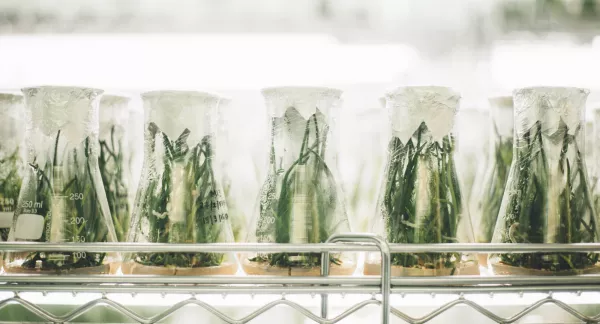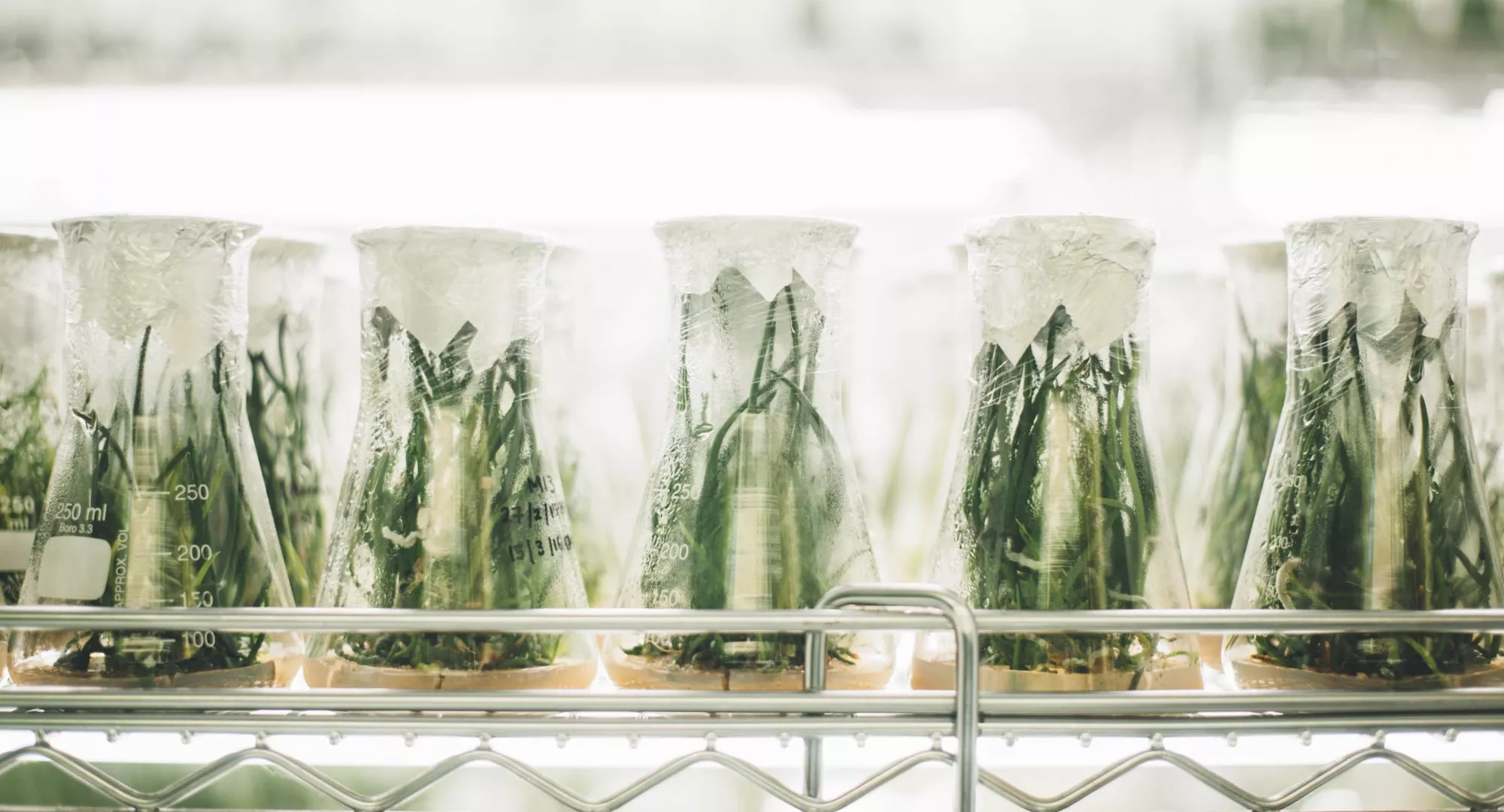
High-Tech Analysis of Low-Tech Methods for Sustainable Class A Biosolids Production, Phase II
Abstract
This project sought to develop a rational and universal approach for the design of low-cost, low-tech (LCLT) Class A biosolids treatment processes analogous to the time-temperature criteria used to design most processes to further reduce pathogens. This fundamental step is needed to move beyond the current practice of designing LCLT Class A biosolids treatment processes on an empirical basis. This was achieved via a broad research initiative that collected information on the impact of key process parameters on the kinetics of inactivation of pathogen and indicator organisms under varying conditions in laboratory studies and validated in pilot-scale studies. The focus of this report is on pilot-scale studies performed at the Portage Lake Water and Sewer Authority, which evaluated two LCLT methods in combination. Published in 2019.
Originally funded as WERF project NTRY11T15b
